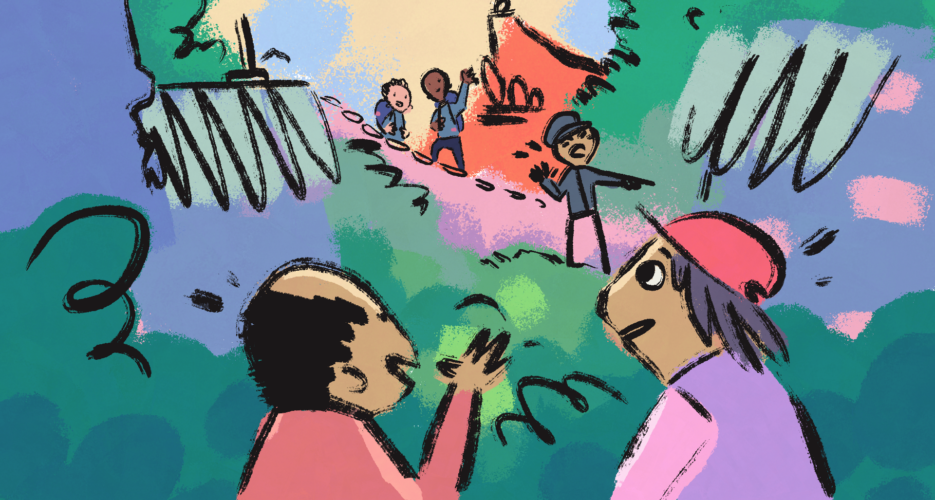About the Author
In-hua Kim
In-hua Kim is a pseudonym for a North Korean defector writer. She left the DPRK in 2018, and now resides in South Korea.

Get behind the headlines
|
Ask A North Korean Ask a North Korean: What do North Koreans think about black people?"In general, North Koreans sympathize with black Americans just like they do with those in Africa"  Greetings fellow netizens: welcome back to Ask a North Korean, where you can, well, ask a North Korean your questions about life on the ground in the DPRK! Today's question is from Danny, who asked about what North Koreans think about mixed marriages, specifically those between a black person and a Korean. © Korea Risk Group. All rights reserved. |